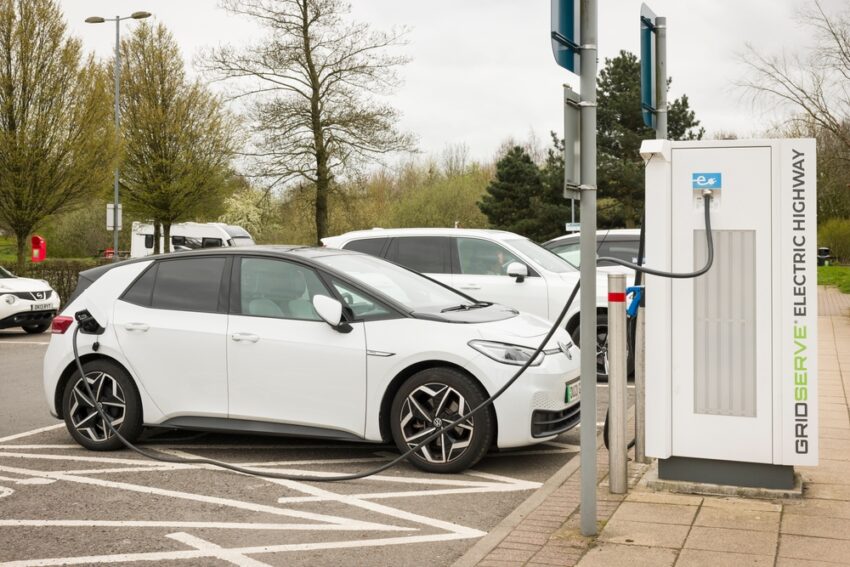Electric vehicles 101
Electric vehicles, or EVs, have become a popular choice on UK roads in recent years.
The history of electric vehicles dates back to 1884 and Thomas Parker who created the first production electric car in Wolverhampton.
Since then, the electric car has been modified and improved into the sleek performers we can see on the roads. Here is a brief look at all things electric vehicles.
What is an electric vehicle (EV)?
Electric vehicles, simply put, are those which use electric power as opposed to diesel or petrol. The bonnet of each EV is home to an electric motor instead of an internal combustion engine which is where the electricity is converted into power.
Similar to filling up a car at the petrol station, EVs need regular charging to keep them topped up and running efficiently. This can be done on the go at service and petrol stations, or at home with a fitted system.
There are three main types of EVs: battery-electric vehicles (BEVs), plug-in hybrid electric vehicles (PHEVs), and extended-range electric vehicles (E-REVs).
Are all electric cars automatic?
As EVs don’t need a clutch or gears, the majority of them are automatic. In most cars, you will only find two pedals: the brake and the accelerator. This is because an EV’s electric motor has a constant power output, regardless of the rotation speed of the wheels.
EVs are a great choice for those who want to be environmentally friendly as they produce zero exhaust emissions when you are driving around. This means that your carbon footprint will be significantly reduced, benefiting the environment around you.
If you are money-conscious, driving around in an electric car may be for you. Generally, EVs will soon be cheaper to buy than petrol cars. Development in the battery-making process is going at top speed to refine and reduce costs, so these savings will soon be passed on to the buyers too.
EVs can also be purchased second-hand, driving the price down even further. Visit your local used-car dearlership in the Yorkshire region to find the right vehicle for your future. Not only will purchasing be cheaper but running electric cars is too. Depending on your home set-up, charging an EV can be between 1p and 10p per mile which is a significant saving compared to gas prices.
The future of EVs
It really is true; the future is green. With the UK government’s plans for an eco-driven future, electric vehicles are going to become the norm on the streets. The aim is for all new vehicles purchased to be EVs by 2035. This will lead to a healthier environment for all and a reduction in the UK’s greenhouse gas emissions.
It is being questioned whether a reform to the process for learning to drive is needed, though. As EVs are mainly automatic, learning and taking a test in one could be a barrier to drivers who may want to drive manual cars in the future.
